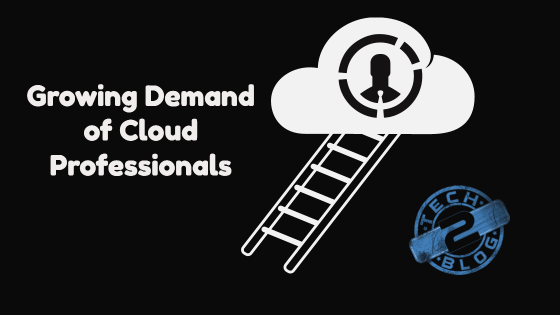Getting into the Cloud Computing Industry & Where to Learn It
The growing advantages of Cloud computing technology, which enables users to upload, store and share any kind of information on online servers managed by service providers, have been largely recognized by the public across all demographics.
For the business world it has brought enormous gains through faster integration, analysis and implementation of data aimed at business strategies and solutions, leading to ever higher levels of operational efficiency and productivity by reorganizing the internal infrastructure of a company and promoting a shared collaborative effort, improving communication across all company departments, while also facilitating and promoting continuous innovation through the exchange of ideas and valuable input between and among employers, the workforce, consumers/clients and external partners.

Image Credit: www.bluecoat.com
According to recent business reports, public demand for Cloud Infrastructure as a service (IaaS—i.e. managed by a service provider such as Apple, Microsoft, Amazon, Google and others) is increasing and public spending is expected to reach $38 Billion by the end of 2016, and up to $173 Billion by 2026.
It is evident that the evolution of Traditional ERP (Enterprise Resource Planning) fully customizable software solutions, and SaaS (Software as a Service) products that are implemented, managed and operated for a company by a provider—and their integration into Cloud Computing technology has given a historical and significant boost to the business industry.
According to the reports SaaS and PaaS cloud hardware and infrastructure software spending will reach $12 Billion of the projected figure detailed above by the end of 2016, and is expected to increase up to $55 Billion in 2026.
Only in 2015, Amazon’s AWS reported a revenue of $7.88 Billion, a 69% increase from the previous year, and worldwide public spending is predicted to grow at a compound annual growth rate (CAGR) of 19.4% from $70 Billion in 2015 to over $141 Billion in 2019.
Pros & Cons of Cloud Implementations
The general pros for Cloud implementation are obvious: it helps in cases where disaster recovery is needed (if your computer crashes for example), promotes faster decision making by getting everyone on board from the various company levels who can offer valuable input and contribute to business objectives, reduces bureaucracy, and gives even small businesses a competitive edge in the marketplace.
The cons centre primarily on the issues with Internet piracy, including hacks and cyber attacks on the part of envious competitors for industrial espionage activities. The solution for companies is to employ a team of reliable professional IT and Cloud experts who know the risks and can implement all the needed security measures to counter these threats.
Growing Demand of Cloud Professionals
Expectedly, there is thus a growing demand currently by companies who are seeking professionals from any area in the IT/Computer industry for employment and integration in Cloud infrastructure technology and related services—this includes IT technicians, software and hardware developers/engineers, data management experts and legal advisors, consultants, accountants and many more.

Legal experts are also required to deal with legislation which varies depending on the country or geographical region and to assess the cost risks associated with needed upgrades in memory capacity while considering storage spending fees for premium services depending on the provider.
Where to LEARN Cloud Computing?
To meet this growing demand for Cloud professionals, there are several respected and accredited institutions that can help people acquire the necessary skills to pursue a successful career in Cloud computing. Of these, CloudAcademy offers some of the best courses and tools to acquire an accredited cloud computing certification.
It has several pricing options for various educational sources; from video courses (including downloadable courses) to quizzes, mobile apps for iOS and Android devices, hands-on lab experience, complete study guides, and employment opportunities for certified experts who earn their degree.
The prices range from Starter ($25 X month)—which gives you the basics you need for a quick start—to Professional ($59 X month, includes Hands-on labs and Cloud Academy Certificates to help you land a job) and Professional Plus ($495 X year, hands-on labs, certificates and downloadable courses). It also offers a student discount for only $99/yr, as well as free trials to determine your best fit.
If finances are a problem, there are always other ways to acquire the necessary skills, and you can simply start with the Cloud itself.
The magic genie in the bottle that is Google search will provide you with all the information you need: all the essentials including scripting languages, databases, frameworks, cloud server acquisition and programming.
YouTube — another service which uses Cloud technology—has plenty of instructional videos on programming, architectural techniques, software and hardware design, and Cloud integration.
Professional and academic networks on social media like LinkedIn can also help orient you in the right direction. For employment opportunities, candidates can check out CloudPatterns.org, an invaluable resource and a community site with information on the various career areas available.
Ultimately, there is no limit to the number of sources that can help you gain all the skills required to ensure your entry–even at starting-level positions—within the IT/Cloud computing industrial conglomerate, and pursue a successful and rewarding career.
I am sure, you must have liked this article on cloud computing and must be thinking to implement cloud on your business work or if you are an IT professional or student then you must want to become Cloud certified professional. If you have any such ideas, please let us know through your comments.




